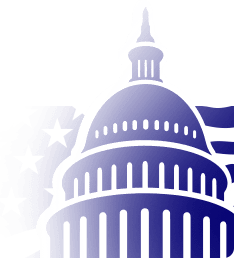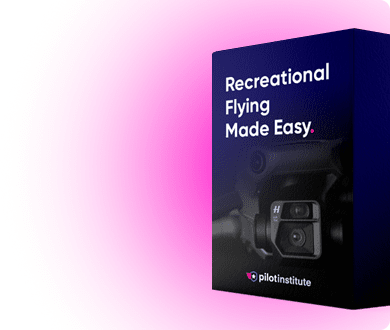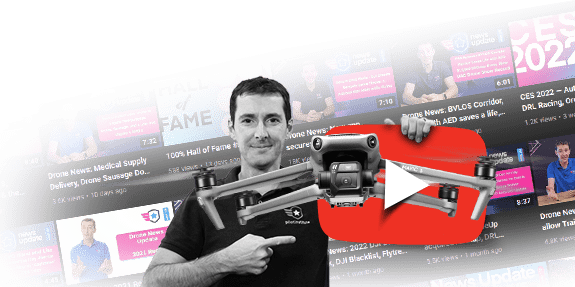Best Places to Fly
Your Drone in Buffalo
Welcome to this wiki. The goal of this wiki is to crowd-source drone information. Having said that, information may be inaccurate, out-of-date, and should not be relied upon for legal advice.
Buffalo Drone Flying
Locations Map
1. Mutual Riverfront Park
The highlight of the Mutual Park is the grain silos and elevators located right along the Buffalo River. It is also one of the favorite spots for launching a kayak or paddleboard. While there isn't a lot of room here to fly your drone, it is still a very good and publicy accessible take-off point.
2. Lafayette Square Park
Lafayette Square was named after a French aristocrat and military officer, General Lafayette. No longer a square, the park sits in the middle of downtown Buffalo, surrounded by the city’s tallest buildings. The focal point is the granite Soldiers and Sailors Civil War Monument that towers above the nearby trees. This location is a magnet for drone pilots who like to film Buffalo’s City Hall and the many other historic structures in the area.
3. Red Jacket Riverfront Park
Red Jacket Riverfront Park is a pleasant space to escape to for anyone who likes riverside views. The area used to be a heavy industrial center, with the Buffalo River at its heart. Several remnants of that area are still visible. These old structures offer incredible video and photo opportunities for drone pilots interested in the city’s industrial period.
Old railroad tracks are always photographic attractions. For buildings, your drone can explore the abandoned Cargill Pool Grain Elevator and massive Concrete-Central Elevator.
4. Zoar Valley
Zoar Valley is one of the most accessible nature getaways in New York. The activities here are quite diverse - you can go on a hike along the several flat trails, go paddling in the river rapids, or just watch over the park's rich wildlife. If you're flying a drone here, be on the lookout for birds particularly during migration season.
5. The Buffalo History Museum
While the museum building is also spectacular, the gardens around the Buffalo History Museum are also worthy of praise. The walking trails and Japanese garde overlooking the lake already make a visit here worthwhile, even if you're not going into the museum. You should be able to safely fly your drone here as long as you're cognizant of other visitors.
6. Lasalle Park
Buffalo’s Lasalle Park sits at the junction of the Great Lake Erie and the Niagara River mouth. The lake views and passing cargo ships appeal to many drone photographers. Another of the park’s attractions is the historic Col. Francis G. Ward Pumping Station. Smaller, more efficient pumps have since replaced the massive steam ones, but the old system is still intact. The red-brick facility is fascinating from the air for videographers interested in early 20th-century structures.





